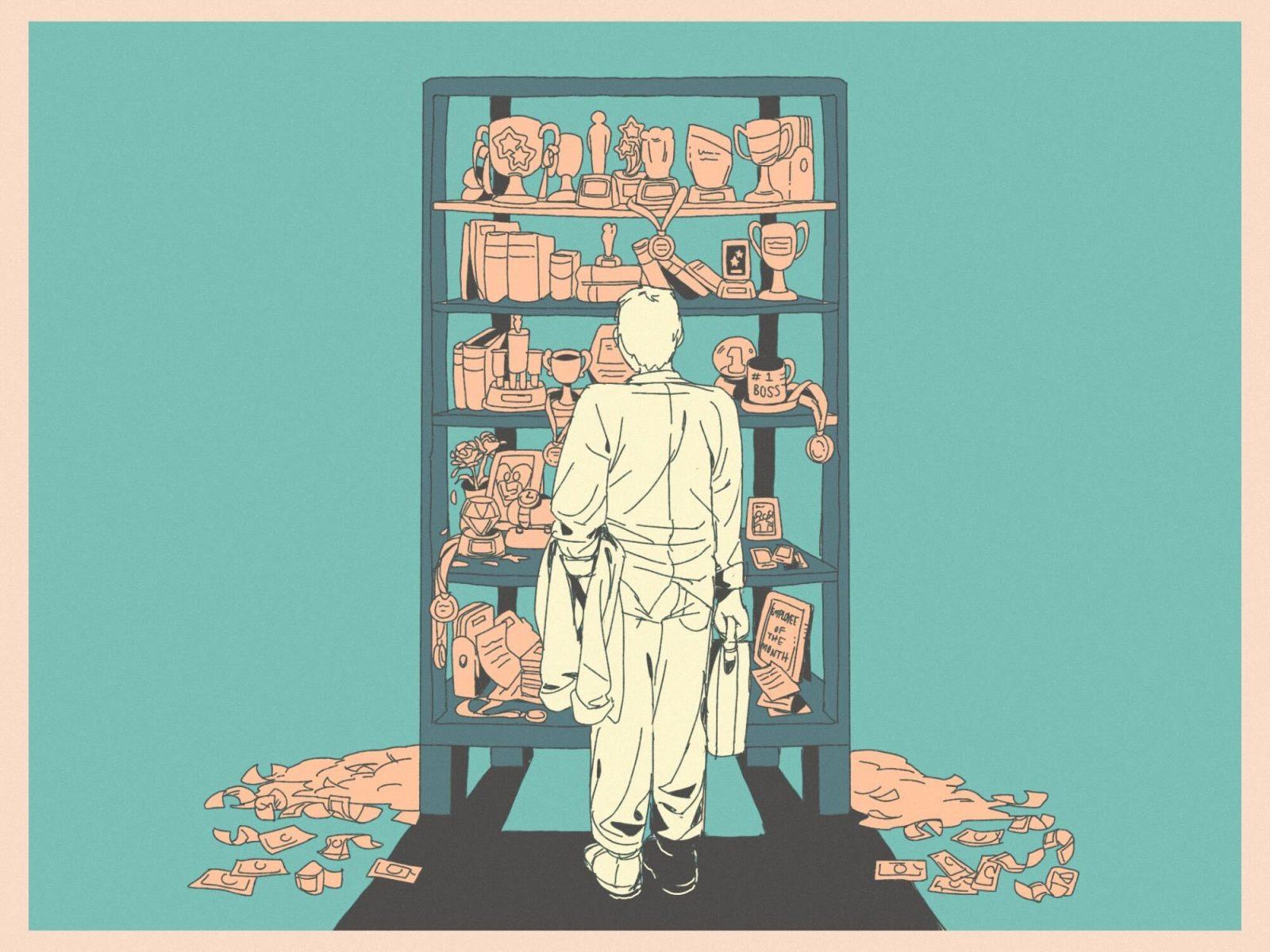I said a few weeks ago that I would never write about my eating disorder again, but sometimes fate intervenes when you least expect it — like when I made an earnest pledge to stop giving anorexia and all it has taken from me so much attention.
But on Monday, I was scrolling through Twitter, as usual, when something caught my eye: an article by The New York Times with the word “anorexia” in the headline. It was a report on a study that has the possibility to change the tides on how anorexia is treated.
I have written time and time again about the misclassification of anorexia as an extreme diet, but still the myths pursue, even in the medical community. So when a study comes around that offers genuine medical evidence that anorexia is not simply young women whining about not wanting to eat (as it is so often portrayed in the media), I pay close attention.
Basically, the study took 21 healthy women and 21 women with anorexia and monitored their brain functions as they decided what food to eat. Both groups of women showed activity in the brain’s reward center, the ventral striatum. But the anorexic women also showed activity in the part of the brain that controls habitual behaviors, known as the dorsal striatum. The activation of the dorsal striatum in making decisions about food showed that anorexic women were not even actually making decisions — they were acting out of habit.
This shows why the anorexic brain is so difficult to snap out of its haze: once a habit becomes entrenched, it feels almost impossible to break. And the longer one deals with an eating disorder, the more difficult it becomes to intervene.
The study’s findings also prove that the part of the brain that controls habit is more in control of an anorexic’s behavior than that of the rest of the population. What’s more, the brain’s habitual behavior center is also thought to control compulsive, self-destructive behaviors, such as drug addiction.
I’ve long thought of eating disorders as forms of addiction, at least in my own case. Anorexia certainly feels like one. Every meal is a fight against my own mind — getting a sandwich when a salad is right there. I would imagine that feels a lot like what a recovering alcoholic must feel like when everyone else is drinking wine with dinner, or what a recovering cocaine addict must experience if someone casually brings the drug out at a party.
Something that drug addiction, alcoholism and eating disorders all have in common is that they have all been proven to be mental illnesses governed by various centers of the brain, and yet we treat them as if they are choices. Maybe it’s the physical aspect of all of these disorders that makes us take them less seriously. But it’s also the physical aspect that makes them all, especially eating disorders, so much harder to treat.
Research shows that eating disorders have the highest mortality rate of any mental illness. And the mortality rate reported for anorexia — four percent — does not count the deaths that were perpetuated by anorexia but ultimately caused by other things, such as heart failure, organ failure or suicide. That rate is estimated at about 20 percent. For those of us who are lucky enough to make it out the other end, about one in three will suffer a relapse of their disorder within two years of recovery.
Recovery from an eating disorder is so elusive because recovery from a disease that so firmly implants itself in your lifestyle and your habits is difficult. It can seem impossible at times. I would never consider myself “recovered” from my eating disorder because I don’t believe that full recovery from anorexia even exists. I have a mostly normal relationship with food, even if it errs on the side of resentment — but don’t most females’ relationships with food? What even is a normal relationship with food, anyway?
B. Timothy Walsh, senior author of the study and professor of psychiatry at Columbia University, said that the study helps to explain why traditional methods of therapy that work for other mental illnesses, such as talk therapy or antidepressants (both of which I and many others have used to keep my eating disorder in check) do not prove very effective for eating disorders.
“Habits have to be replaced with another behavior,” Walsh told the Times. He also suggested perhaps eating with your left hand instead of your right. While I’m not sure what that has to do with breaking the habit of an eating disorder, it kind of makes sense: an anorexic can never recover from their eating disorder by eating only low-fat, low-calorie foods, as recovering anorexics so often do. We must feign normalcy in our lunch choices until it begins to feel real — fake it until you make it, if you will.
I have been living with my eating disorder — my illness, my habit, my addiction, my whatever you want to call it — since I was seven years old. Some days it feels utterly livable. Other days I can’t shut my brain — excuse me, my dorsal striatum — up. And it is because of this that I could never truly stop writing about eating disorders, especially when something like this happens. If a few brave researchers can find a way stop someone from becoming yet another eating disorder mortality statistic, it’s worth a few hundred of my words.































































































































Via • Oct 15, 2015 at 10:27 am
You are everything